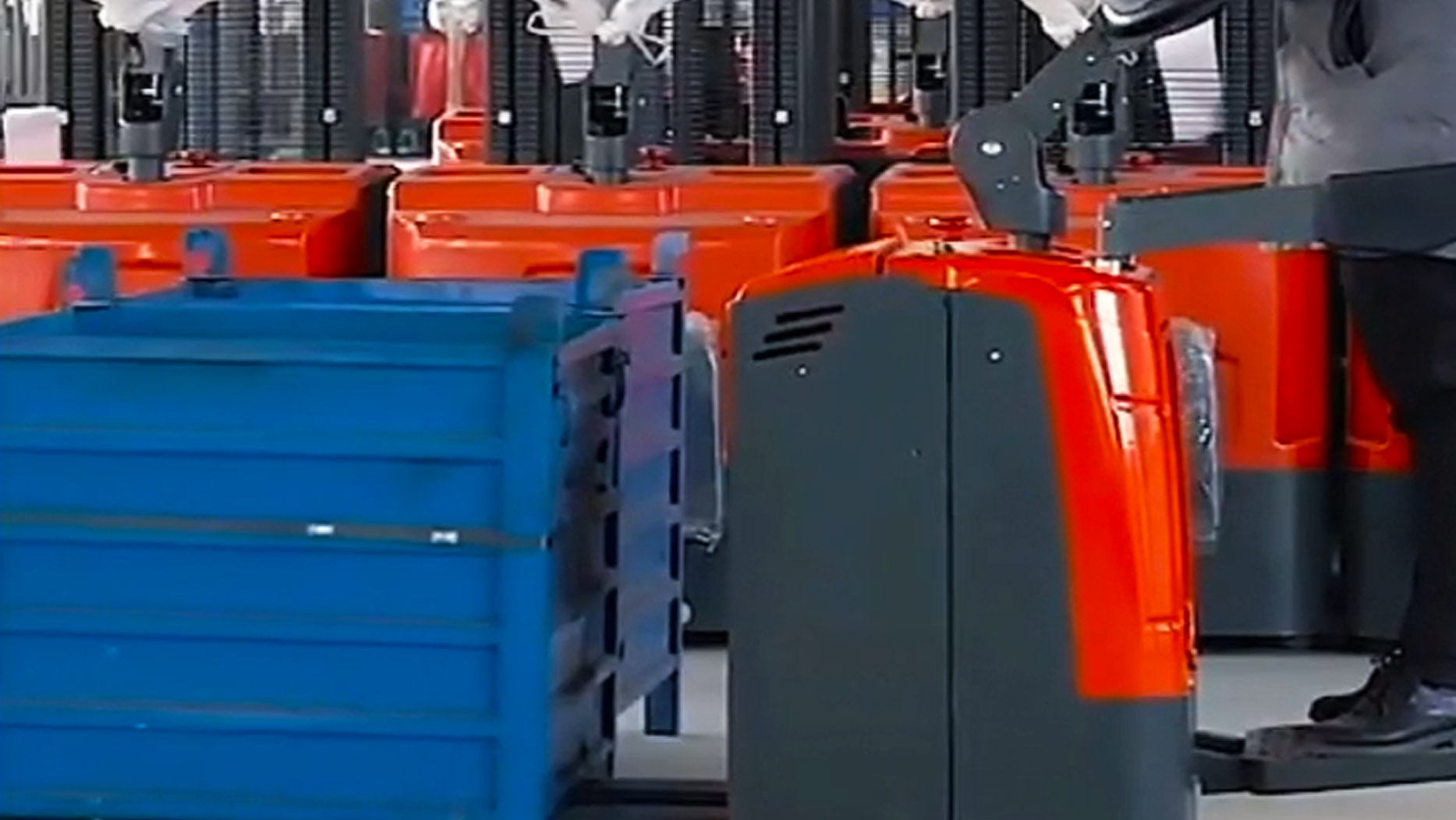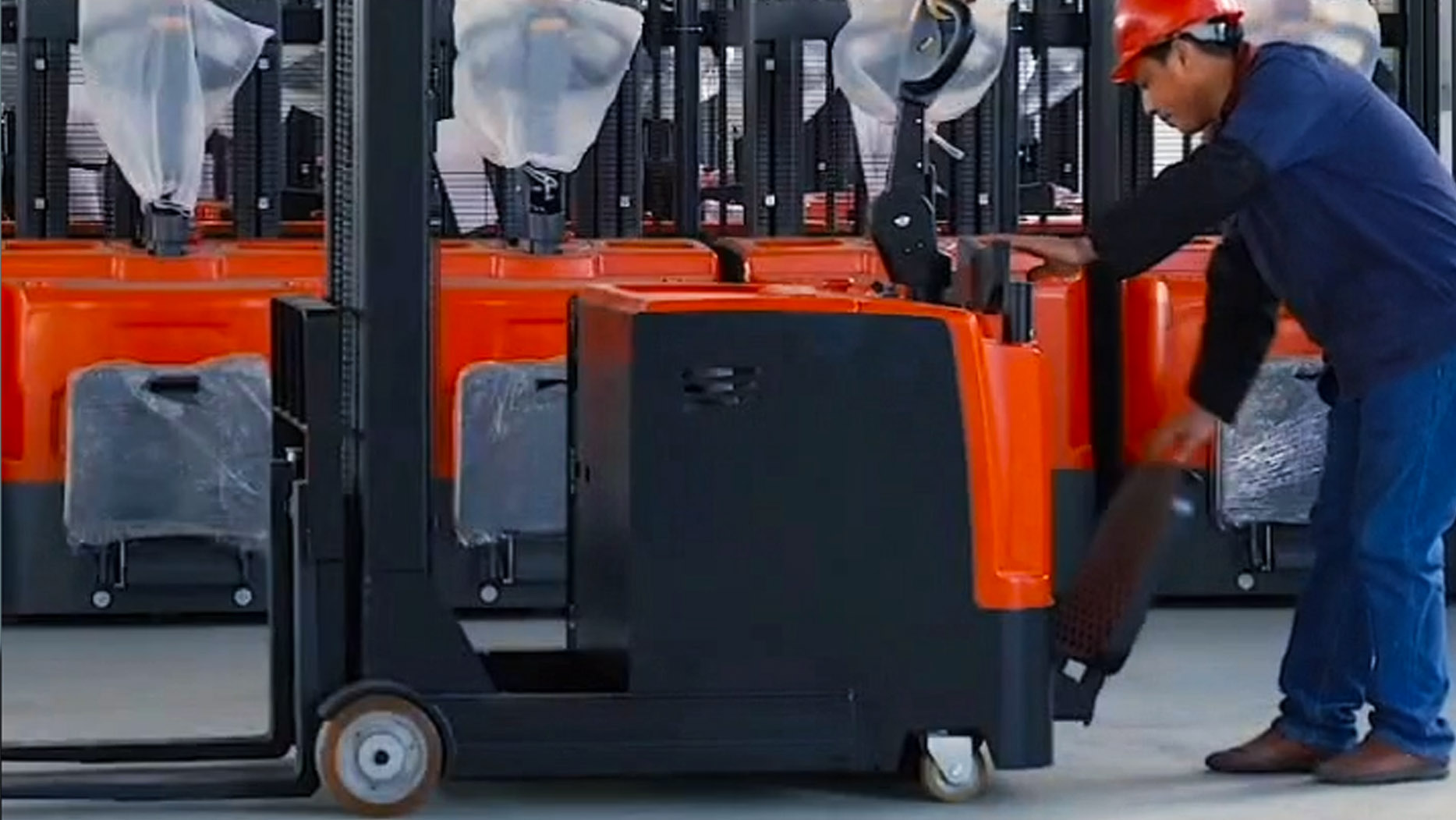I. Introduction
The global push for decarbonization has ignited a revolution in the transportation sector, with electrification emerging as a key solution. While passenger cars have garnered significant attention, the heavy-duty trucking industry, a major contributor to greenhouse gas emissions, is now under the spotlight. This article explores the burgeoning field of heavy-duty electric trucks, examining whether viable solutions are being developed and deployed, and the challenges that lie ahead.
II. The Challenges of Heavy-Duty Electrification
Battery Technology:
Long-haul trucking demands batteries with immense energy density to achieve competitive ranges. Current lithium-ion technology struggles to meet these requirements without adding excessive weight and cost.
The sheer size of battery packs needed for heavy-duty applications raises concerns about weight, impacting payload capacity and overall efficiency.
Charging times remain a significant hurdle, as long-haul operators cannot afford extended downtime. Battery lifespan and degradation over time are also critical factors.
Infrastructure Limitations:
The lack of a widespread, high-power charging network along major trucking routes poses a significant challenge.
Heavy-duty charging requires substantial grid capacity, necessitating significant infrastructure upgrades and investment.
The development of dedicated charging infrastructure for trucks, distinct from passenger vehicle charging, is crucial.
Operational Demands:
Heavy-duty trucks operate under demanding conditions, including long distances, heavy loads, and diverse terrains.
Range limitations and the impact of payload and terrain on battery performance are critical considerations.
Extreme weather conditions, such as freezing temperatures or scorching heat, can significantly affect battery performance and range.
Meeting the durability and reliability standards of the demanding heavy-duty trucking industry is paramount.
III. Major Players in the Heavy-Duty Electric Truck Market
Established Truck Manufacturers:
Daimler Trucks, with its Freightliner eCascadia, is actively deploying electric trucks in regional haul applications.
Volvo Trucks, with its VNR Electric, is focusing on urban and regional distribution.
PACCAR, through its Kenworth and Peterbilt brands, is developing and testing electric heavy-duty truck models.
These manufacturers bring established expertise, manufacturing capabilities, and customer relationships to the electric truck market.
Emerging Electric Truck Companies:
Tesla, with its Semi truck, has generated significant interest with its promised long-range capabilities and advanced features.
Rivian, while primarily focused on light-duty vehicles, is exploring commercial applications for its electric platform.
Nikola, despite facing challenges, is pursuing both battery-electric and hydrogen fuel cell heavy-duty truck solutions.
Chinese Manufacturers:
BYD and other Chinese companies are leveraging their expertise in battery technology and electric vehicle production to enter the heavy-duty truck market.
They are focusing on domestic demand and exploring export opportunities.

IV. Current State of Production and Deployment
Pilot Programs and Limited Production:
Many manufacturers are conducting pilot programs with fleet operators to gather real-world data and refine their electric truck technology.
Production is gradually scaling up, but widespread commercial availability is still limited.
Early deployments are primarily focused on regional haul, drayage, and short-haul applications.
Timeline for Mass Production:
Projected timelines for mass production vary among manufacturers, influenced by factors such as battery technology advancements, infrastructure development, and regulatory support.
Industry experts predict a gradual increase in production volumes over the next decade, with significant acceleration expected in the latter half.
Government incentives and policies play a crucial role in accelerating the adoption of electric trucks.
V. Technological Advancements Driving Electrification
Battery Technology:
Advances in lithium-ion battery technology, including higher energy density, faster charging capabilities, and improved lifespan, are crucial for improving the viability of electric trucks.
The development of next-generation battery technologies, such as solid-state batteries, holds promise for further improvements in performance and safety.
Electric Powertrain Efficiency:
Developments in electric motors, power electronics, and thermal management systems are enhancing the efficiency and performance of electric power trains.
Regenerative braking and energy recovery systems contribute to increased range and efficiency.
Charging Infrastructure:
The development of high-power charging stations and charging networks is essential for supporting the widespread adoption of electric heavy-duty trucks.
Innovative charging solutions, such as wireless charging and battery swapping, are being explored.
VI. Economic and Environmental Considerations
Total Cost of Ownership (TCO):
The initial purchase price of electric heavy-duty trucks is typically higher than diesel trucks, but long-term operating costs, including fuel and maintenance, are expected to be lower.
Government incentives and subsidies can significantly impact the TCO of electric trucks.
Environmental Impact:
Electric trucks offer the potential to significantly reduce greenhouse gas emissions and air pollution, contributing to a cleaner and more sustainable transportation sector.
Lifecycle analysis of electric truck production, operation, and disposal is crucial for assessing the overall environmental impact.
The use of renewable energy sources for charging infrastructure is essential for maximizing the environmental benefits of electric trucks.
VII. Future Outlook and Challenges
Market Growth Projections:
The heavy-duty electric truck market is expected to experience significant growth in the coming years, driven by environmental regulations, increasing cost competitiveness, and technological advancements.
Remaining Challenges:
Addressing infrastructure gaps, improving battery technology, and ensuring the reliability and performance of electric trucks in all conditions remain significant challenges.
Managing the transition from diesel trucks to electric trucks and supporting the growth of the electric truck industry will require coordinated efforts from manufacturers, fleet operators, infrastructure providers, and policymakers.
Long-Term Vision:
Electric heavy-duty trucks have the potential to transform the transportation industry, contributing to a cleaner and more sustainable future.
The transition to electric heavy-duty trucking will require continuous innovation, collaboration, and investment.
VIII. Conclusion
While challenges remain, the development and deployment of heavy-duty electric trucks are progressing rapidly. Established manufacturers and emerging companies are making significant strides, and technological advancements are driving continuous improvements in performance and efficiency. The answer to the question is a resounding yes: heavy-duty electric trucks are being made, and their presence on our roads is set to increase exponentially. The transition to electric heavy-duty trucking is a complex undertaking, but the potential benefits for the environment and the economy are substantial.
Post time:Feb.19.2025


